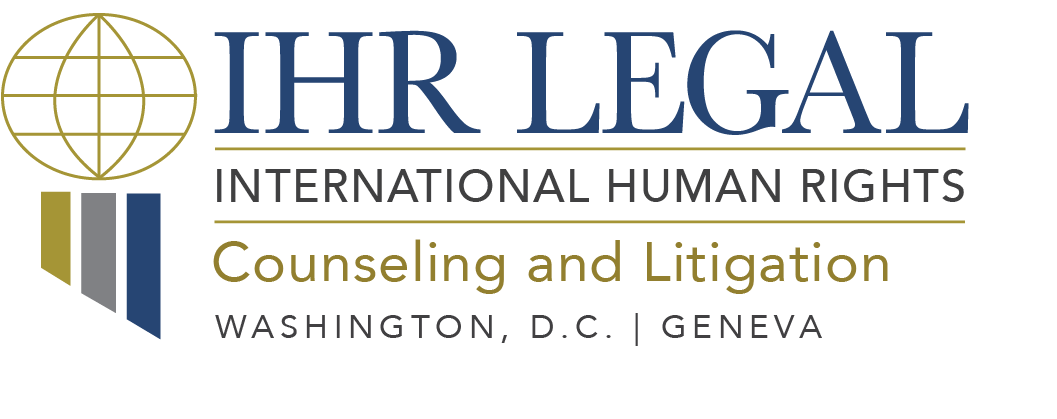Professional Assistance before the African Human Rights System
The African Human Rights System (AHRS) is housed within the African Union. Among its instruments are the African Charter on Human and Peoples’ Rights and the African Charter on the Rights and Welfare of the Child. The AHRS is composed of three organs: the African Commission on Human and Peoples’ Rights (ACHPR), the African Court on Human and Peoples’ Rights (African Court), and the African Committee of Experts on the Rights and Welfare of the Child (ACERWC) In addition to these bodies, the AHRS has special mechanisms, such as special rapporteurships, working groups and committees.
The ACHPR is a quasi-jurisdictional body whose main function is to protect and promote the human and peoples´ rights in the African countries. Among its functions, this body processes complaints from individuals or States regarding human rights violations committed by States in the region, and receives periodic reports from the States on the human rights situation in their countries.
The ACHPR analyzes the complaints submitted to it, and if it considers that a violation has occurred, it makes recommendations to the respective State regarding reparations to the victims. Moreover, the ACHPR may request States to adopt provisional measures to safeguard the rights of a person at risk.
On the other hand, the African Court resolves contentious cases of human rights violations, orders provisional measures, and presents its expert opinion on human rights issues. However, in order for the African Court to hear complaints filed by individuals, the State in question must have expressly recognized the Court’s jurisdiction.
At IHR LEGAL we provide legal assistance in the preparation of international complaints of human rights violations before the ACHPR and the African Court, as well as representation in the proceedings, and the filing of requests for provisional measures.
African Charter on Human and Peoples’ Rights
Article 2
Every individual shall be entitled to the enjoyment of the rights and freedoms recognised and guaranteed in the present Charter without distinction of any kind such as race, ethnic group, colour, sex, language, religion, political or any other opinion, national and social origin, fortune, birth or any status.
Article 3
1. Every individual shall be equal before the law.
2. Every individual shall be entitled to equal protection of the law.
United States of America
1701 Pennsylvania Avenue, N.W.
Suite 200
Washington, D.C. 20006
United States of America
Switzerland
Rue de Pré-de-la-Bichette
Nations Business Centre, 6e Étage
1202 Genève, Suisse
(Mailing address / appointment only)
Phone: + 1 (202) 465-4814
Email: info@ihr.legal

